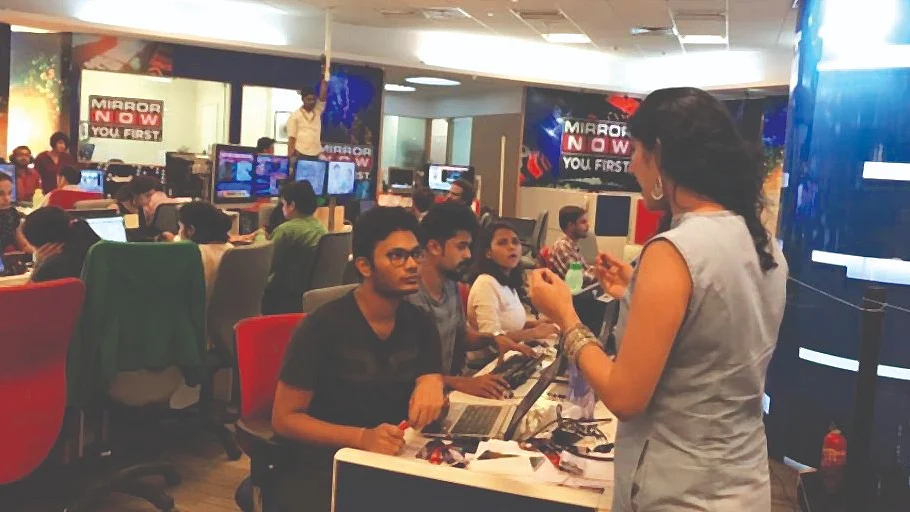For women in India, staying safe is a full-time job
Indian men do not understand the concept of consent. “No” is often dismissed as playing games, politeness as flirting. Keeping yourself safe is a full-time job for a woman, especially in India

I hear there are over a hundred names on the second #MeToo list, including top editors and journalists. No, I have not seen the list yet. But I know the names won’t surprise me. Most I already know of through whisper networks. For e.g. one prominent editor, whose name I hear is on the list, and whom I had reached out for a job, kept asking me to meet him in a hotel. I kept making excuses as I did not want to annoy him outright, finally dropping the idea of calling on him when a journalist friend warned me off.
Wherever men and women work together, sexual harassment rears its ugly head. I have faced it when I worked abroad. What is unique about India, however, is that Indian men do not understand the concept of consent. “No” is often dismissed as playing games, politeness as flirting. Keeping yourself safe is a full-time job for a woman, especially in India.
My first job in India was in the Kolkata office of a national daily, where I was horrified to see male co-workers openly watching porn, laughing over body parts of female colleagues in their absence, throwing around ribald jokes with sexual innuendos. The women present would just pretend to be engrossed in other things and ignore. It was the culture in that newsroom and in many newsrooms across India. I won’t go into the story of my harassment in that newsroom, but I would tell you its outcome. When my numerous complaints - including one to the company’s chairperson, a woman, fell on deaf ears, I left that job. Defeated. But I couldn’t put it behind me. I spent close to a decade going over the incidents, sometimes doubting them, doubting myself. It tortured me, made me reclusive, one-on-one meetings with male editors gave me the hibbie-jibbies. In short, I compromised on my career.
I spent close to a decade going over the incidents, sometimes doubting them, doubting myself
So, excuse me for feeling this overwhelming sense of vindication when #MeToo 2.0 ambushed Indian newsrooms. But after the initial euphoria settled, I ask myself, is there any lasting shame for men in our society?
Yes, the whisper networks have been disbanded. Names are tumbling out of cupboards. The list is not public yet. Women are still trying to play it fair. The burden of ethics and fairness will always be on women. But fairness is a useless virtue in a situation of conflict. You cannot half pull the trigger. Make that list public. Let women be warned. Because due process is a myth. What happened to those men, who were named in the first wave of #MeToo in academics, spearheaded by Raya Sarkar? How many men named in that list have been dismissed? How many have retired from public life?
If a spark was ignited by #MeToo 1.0, then #MeToo 2.0 is a blazing fire. But it needn’t burn anybody. It can be used to create conversations around consent, and to create more egalitarian, women-friendly workplaces and institutions. It is also a great opportunity for companies, including media houses, to come up with stringent anti-abuse policies, irrespective of gender.
How? A simple tip. What actions would you take if you received a complaint against a man for stealing from your company? You, for sure, won’t look away. You would have a third party probe by professionals. And, more importantly, you would keep the perpetrator in the dog house while the probe is on.
But, first, and the most important lesson of the #MeToo movement is that, we will need to start believing women.
(The writer is a New Delhi-based journalist)
Follow us on: Facebook, Twitter, Google News, Instagram
Join our official telegram channel (@nationalherald) and stay updated with the latest headlines
